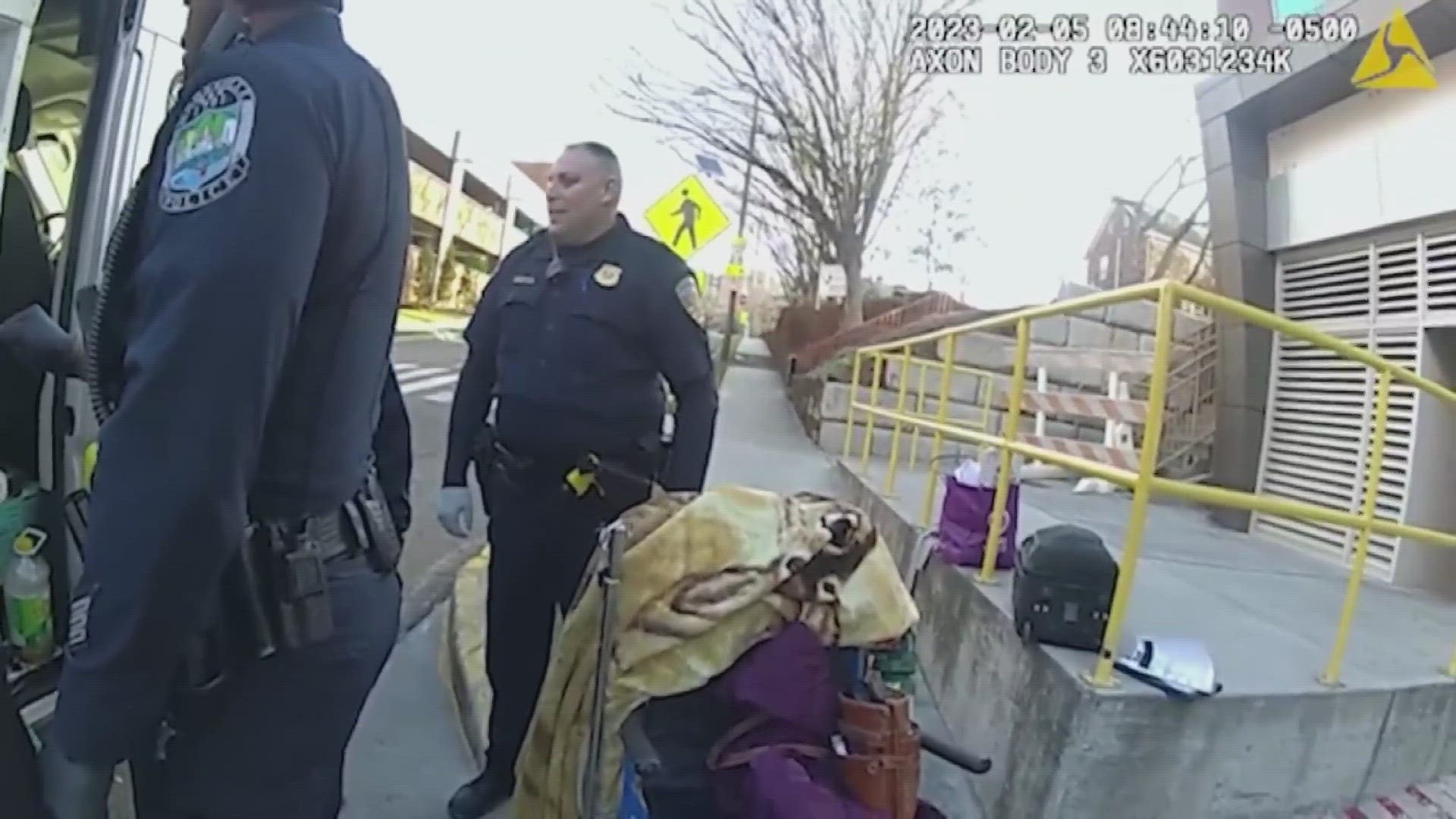KNOXVILLE, Tenn. — The death of Lisa Edwards has sparked questions about whether her treatment was justified. Our investigative team shared the autopsy, district attorney's report and body camera video with two policing experts.
"I would say this. Instead of looking at this as a failure of policing, that it's a failure of the medical profession," said John Jay College of Criminal Justice Professor Dennis Kenney. "It's kind of a nightmare case for the police."
Kenney said he has roughly 50 years of experience with the criminal justice system, including as a cop in central Florida and as executive director of the Police Executive Research Forum.
"We have a large number of social issues, medical issues and so forth that we as a society have failed to deal with," he said. "Then we tend to try to offload those on the police, even though they're not particularly well qualified."
He said this is a prime example of that happening.
"The available options to the officer were pretty limited," he said. "I think that reinforces the reason for the frustration that that was being experienced."
Mark Baughman, who worked in local and federal law enforcement for 35 years, said police aren't medically trained for the level of care Edwards' required.
"They do not have any medical training other than maybe administering CPR, and perhaps now with the onset of drugs, they know how to administer naloxone or Narcan," he said. "They do have first-aid kits they can give sometimes and maybe treat somebody for a laceration or something like that, but it's very limited ... This woman — her issues were internal."
He said one thing he would've considered doing differently is asking for a mental health counselor.
"There are mental health issues tied with physical issues all the time. So somebody comes in who's a little more empathetic, sympathetic, gives her an ear, listens to her might make her more compliant," he said. "In light of viewing her ME report and pathology report and her toxicology screen, I seriously doubt it [would've saved her]."
Kenney said Edwards not complying with police likely contributed to their increasingly harsh tone.
"They were relatively dismissive and rude, which I'm sure is the result of frustration, which is certainly understandable," he said. "Frustration like that, however, though, does tend to shape your decision making and causes you to exclude a variety of options, so they have to guard against that."
Baughman said officers tend to see people at their worst. He didn't feel some of their comments needed to be said — but felt it may have been a coping mechanism.
"That insensitive nature, even though we shouldn't say it, it is a way of us coping with what we see the best and the worst in people and typically, we see the worst," he said. "Not all people are compliant with law enforcement, that usually ends up causing a problem for law enforcement and the individual who's not being compliant... I think they wanted to genuinely help her."
He said it'll be up to internal affairs to decide whether that violates any Knoxville Police policies. He also anticipates seeing civil action against the police department and/or the hospital.
"Could they decide that something was done wrong, inappropriate administratively or internally by virtue of what they were saying to her and the way they spoke to her? Yeah, they probably could. They might give them a letter of reprimand," he said. "But at the same time, I don't believe ultimately that at the end of the day, they did anything wrong."

